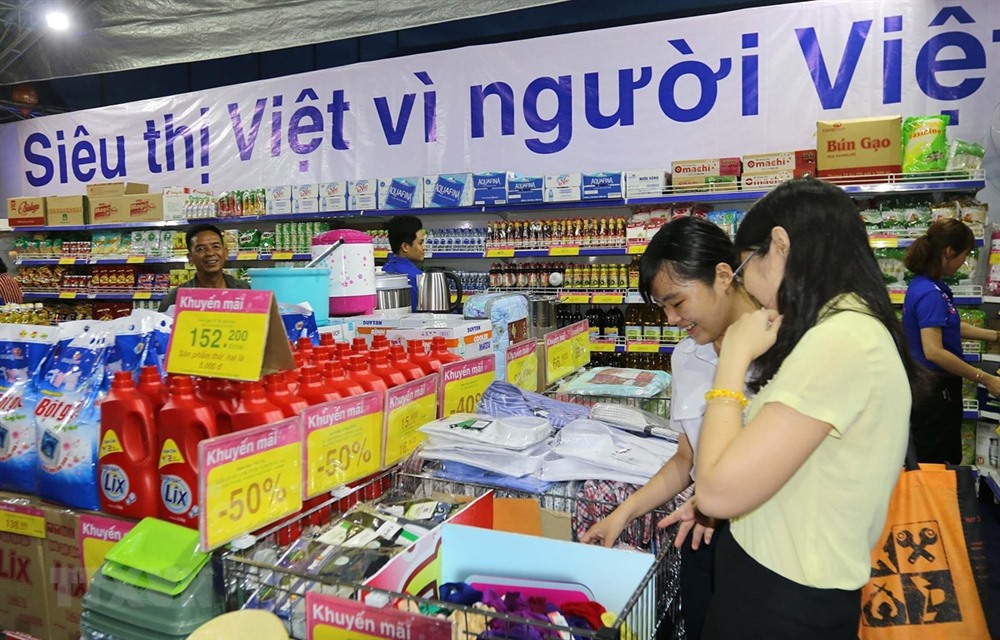Viet Nam ranked fourth in the world in its Consumer Confidence Index of 122 percentage points in the final quarter of last year, according to the Conference Board Global Consumer Confidence Survey.

Viet Nam ranked fourth in the world in its Consumer Confidence Index (CCI) of 122 percentage points (pp) in the final quarter of last year, according to the Conference Board Global Consumer Confidence Survey conducted in collaboration with Nielsen, a global measurement company.
The top three countries were India, the Philippines and Indonesia, whose scores were 133, 131 and 127, respectively.
Compared to the third quarter, Viet Nam’s CCI score fell by 7 points.
However, with a steady uptrend CCI score throughout the year, Viet Nam’s overall confidence level as the year 2018 concluded was still high above the global and regional average of 107 pp and 117 pp, respectively.
Globally and regionally, many countries experienced similar CCI downtrends due to uncertainties caused by rising costs and political challenges.
Within Southeast Asia, Malaysia had the highest CCI score loss in the fourth quarter, down 9 pp compared to the Q3, finishing the year with 118 points.
In the fourth quarter, Vietnamese consumers continued to rank job security (43 per cent) and health (43 per cent) as their top two key concerns, while 27 per cent pointed to work-life-balance as the third most cared-about matter.
For the quarter, the nation’s economy moved down one spot on the key concerns list with only 20 per cent of respondents indicating that it was a concern (compared to 27 per cent respondents in the third quarter).
This observation corresponded with an improved sentiment about Viet Nam’s economic status: only 36 per cent believed the country was in a recession compared to 41 per cent in the third quarter.
Vietnamese were less positive about their job prospects and personal finances.
Around three-quarter of people believed they would have good or excellent job prospects (75 per cent) or would be in a good or excellent financial state in the next 12 months (76 per cent).
Other key areas of attention of Vietnamese consumers were their family members: they reported to be more attentive about parents’ welfare and happiness (19 per cent) and children’s education and/or welfare (8 per cent).
“With inflation well-managed throughout the year, which led to more stable and predictable living costs, we can see that food prices or utilities bills are no longer consumers’ worrisome points in this quarter,” said Nguyen Huong Quynh, managing director of Nielsen Vietnam.
“With this extra peace of mind, they can now divert their care to more important matters such as their children’s education and future,” Quynh said.
Viet Nam continued to place first in Asia Pacific in the fourth quarter for having the region’s most avid savers (78 per cent), followed by Hong Kong (71 per cent), India (68 per cent) and Thailand (67 per cent).
Notably, even with considerable increased intention for saving, Vietnamese’s willingness to spend on big-ticket items such as new clothes, holidays and out-of-home entertainment remained the same or even increased slightly.
In compensation, they were less likely to spend on new tech products, home improvements or decor, and medical insurance premiums.
The survey polled more than 32,000 online consumers in 64 countries throughout Asia-Pacific, Europe, Latin America, the Middle East/Africa and North America. —VNS





